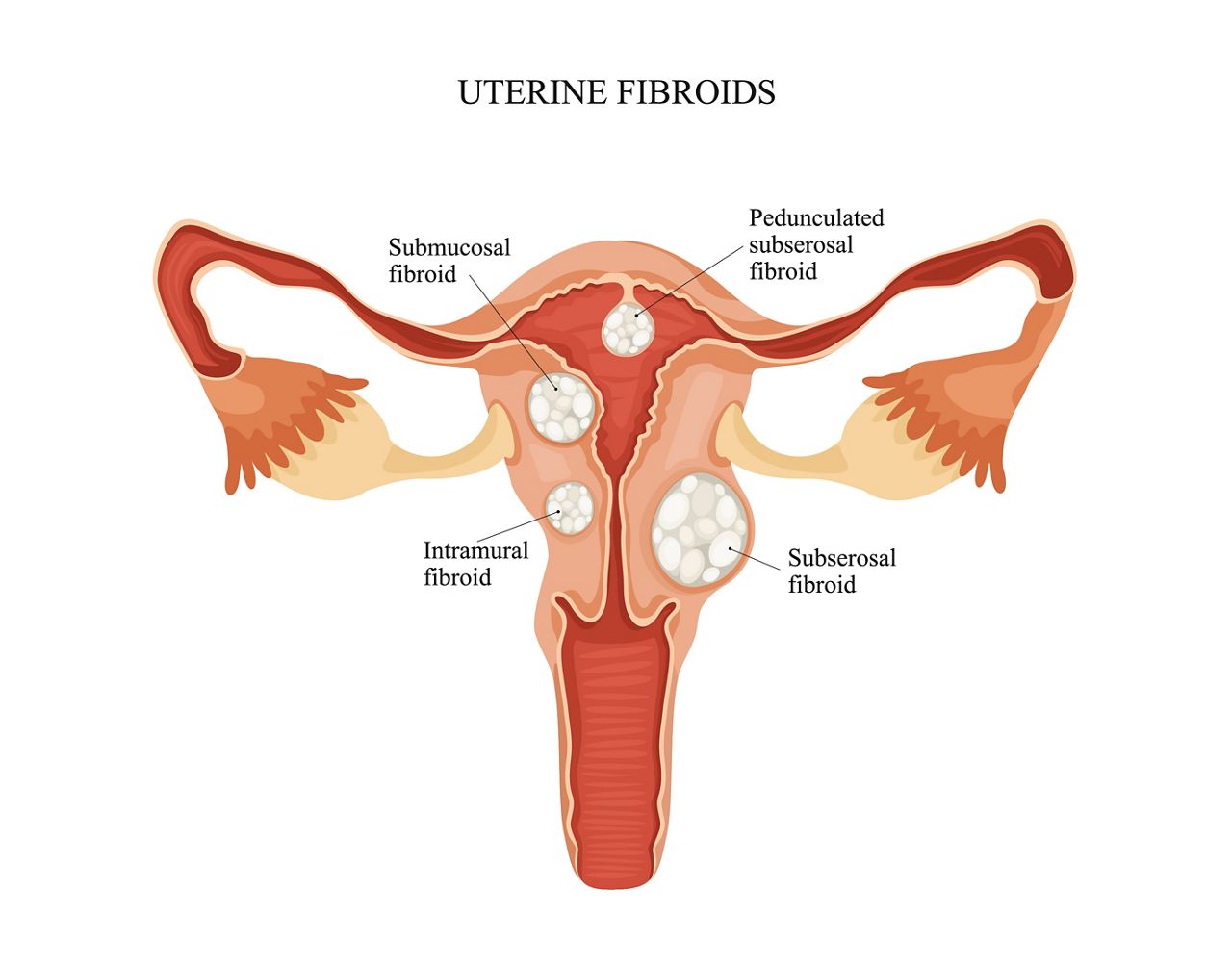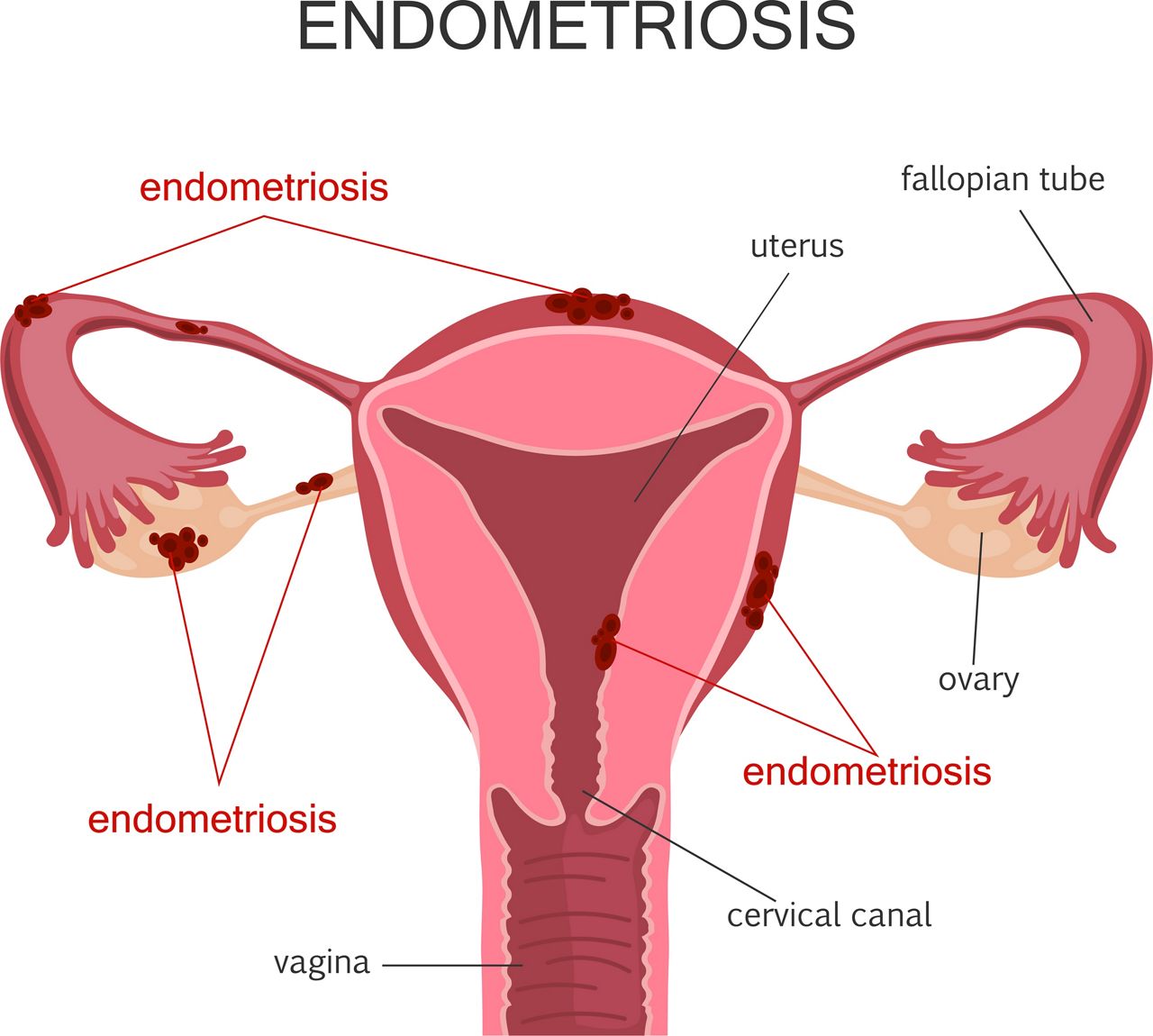LOUISVILLE, Ky. – Uterine fibroids and endometriosis affect thousands of women every day. Dr. Tamara Callahan, a gynecologist with Norton Women’s Health, recently joined Kayla Moody on Your Morning News to talk about these women’s health issues.
Fibroids are benign, noncancerous smooth muscle growths within the wall of the uterus. They are extremely common – anywhere from 70 to 80 percent of women have fibroids, according to the National Institutes of Health. While it is unclear what causes fibroids, there is ongoing research to determine a cause.

Whether a woman experiences symptoms of fibroids often depends on the size and number of fibroids. The size, in particular, can vary greatly.
“Most women do not have symptoms of fibroids because they’re so small,” Callahan said. “They can be as small as a BB, microscopic even, and they can be as large as a grapefruit or even larger.”
In most cases, there is no reason to treat fibroids. When women have a large number of fibroids or large fibroids, treatment may be needed to alleviate symptoms.
If a woman develops many fibroids or a large fibroid, she may experience abnormal uterine bleeding. Heavy or prolonged periods and bleeding in between menstrual cycles are all signs of abnormal bleeding. Large fibroids can also cause pressure symptoms, like frequency of urination or constipation, because of the fibroid pushing on the bladder or colon.
“If a woman is having really heavy menses or prolonged menses she may develop anemia. That can lead to fatigue or pressure symptoms and you may have to do some treatment at that time,” Callahan explained.
Women experiencing severe symptoms may be treated with ibuprofen regimens or other pain relievers, hormonal contraceptives, hormonal therapies or surgery. Callahan said, in most cases, surgical options for fibroids are non-invasive procedures.
Endometriosis also affects thousands of women. The painful disorder affects as many as 10 percent of women. Endometriosis occurs when the endometrium, or lining of the uterus, grows outside the uterus. The hallmark of endometriosis is chronic pelvic pain, but it can also lead to problems with fertility.

“If that tissue is outside the uterus – on the uterus, on the ovaries, inside the pelvis or even on the intestines it can cause a lot of pain and inflammation,” Callahan said, adding that scar tissue and other complications from endometriosis can cause women to have problems conceiving.
Endometriosis can be treated with pain relievers, hormonal contraceptives, more complex hormonal therapies, and surgery. Callahan said, like fibroids, surgical options for endometriosis are often non-invasive procedures.


